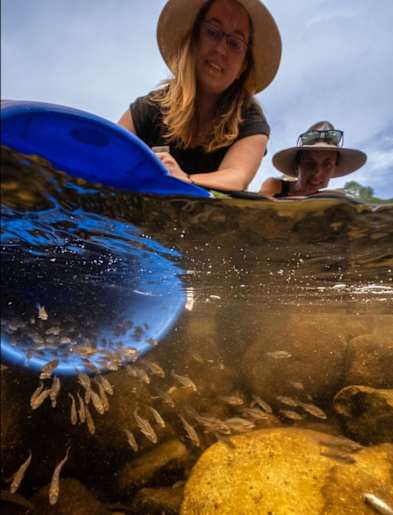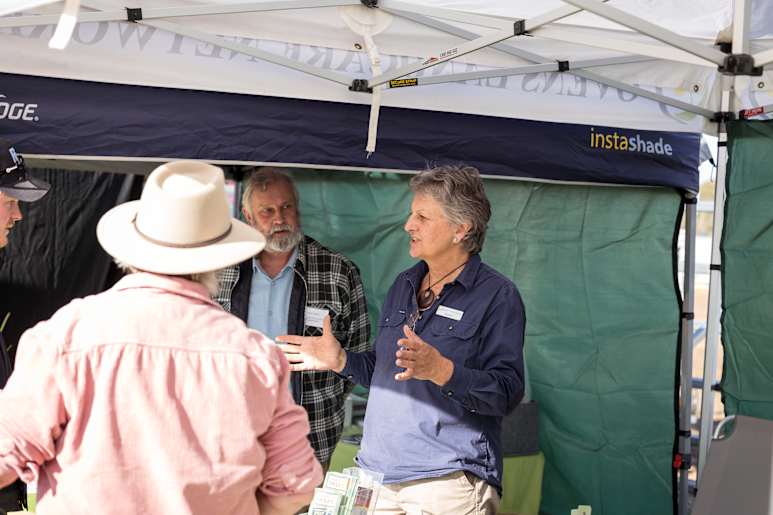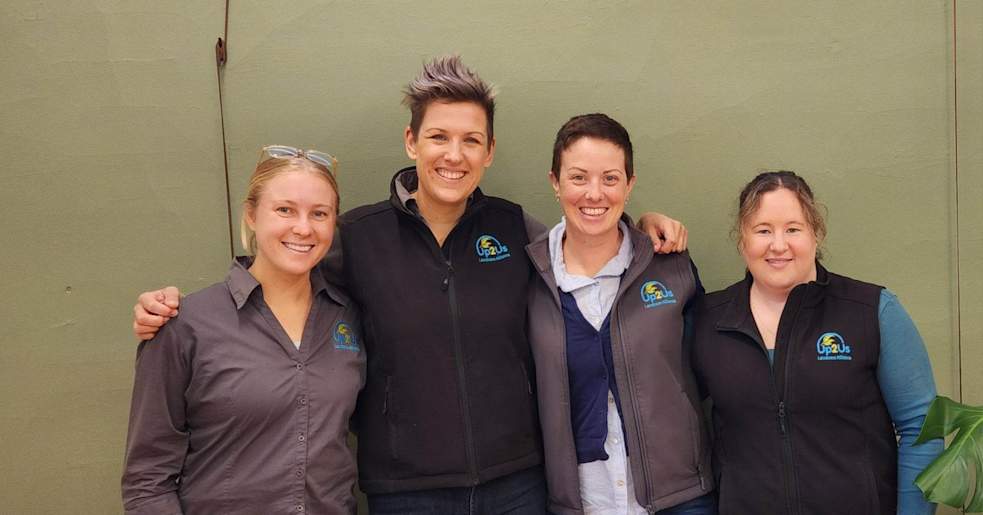LOCAL Landcare facilitators and groups are backing a campaign by Landcare Victoria Inc calling on the Victorian government to invest $48 million into the Victorian Landcare Facilitator Program (VLFP) over the next four years.
Landcare Victoria Inc chair Jane Carney said that without longer-term and greater funding, the future of the VLFP is at risk.
“Critical to the success of Landcare are our 80 local facilitators and 10 regional coordinators who harness the power of tens of thousands of volunteers across more than 600 Victorian Landcare groups,” she said.
“The funding the Victorian government provides right now gets extended bit by bit, year by year and is not enough.
“That’s why we’re calling for an investment of $48 million over four years, towards facilitator and coordinator roles.
Latest Stories
“This funding increase would enable facilitators and coordinators to be offered longer contracts at a fairer wage and provide support for an additional 20 facilitator roles, to share the growing workload.”
Penny Raleigh is one of three facilitators at the Ovens Landcare Network, who support more than 20 local Landcare and sustainability groups in the Ovens River, King River, and Black Dog Creek catchments.
She believes the extra funding would help take the burden off volunteers who have recently been tasked with doing more administration work, as it would allow facilitators to work more hours.
“The facilitators are there to make sure groups get stuff done and that it’s done all above board,” she said.
“When we’ve only got part-time work to cover all kinds of groups doing all kinds of different things, more funding to cover more hours would be fantastic.”
According to Ms Raleigh, if there were more investments made into the VLFP, facilitators would also be able to use more time to gain extra funding for local Landcare projects.
“It would give us more time to apply for different grants or approach different businesses for different sponsorships support and things like that,” she said.
“More time for the facilitators would see more money come into the Landcare space in our area.”
Events the Ovens Landcare Network plans to host include Landcare Sunday sessions monthly, with the first one being on varroa mites, bees and pollinators in December.
Current funding is also supporting local environmental projects in the Stanley and Chiltern area, supporting Greta Valley Landcare in its farm revegetation projects and King Basin Landcare working with Whitfield Primary School in planting along Jessie’s Creek and other educational activities with the students.
Ms Raleigh said the long term impacts of the funding would be easing the burden on volunteers and spreading more awareness of the environment throughout the community.
“The funding would allow for more environmental improvements, get more people out into nature and make people more aware of their local flora and fauna and what they can do to be more sustainable at home,” she said.
Kim Magnay, facilitator at Up2Us Landcare Alliance in Mansfield, fulfills an essential role in supporting the region’s seven local Landcare and “friends of” groups.
“We have a strong connection with many groups and individuals in our community," Kim said.
“We’re working not just to run projects promoting sustainable land management and biodiversity, but to build a network of knowledge and stewardship from kindergarten students to university students and the wider community.”
Despite the expansive efforts Up2Us makes across the Mansfield Shire—one of the smallest networks in the state—Kim is the only employee funded, of the Up2Us team of four, through the facilitator program, and even that support covers only part-time employment.
“It’s a challenge to accomplish everything needed on limited hours,” she said.
“More comprehensive funding would allow us to better serve the community’s educational and sustainability needs.”
Up2Us’s reach is broad, with programs that extend into local kindergartens, primary and secondary schools, and even visiting schools and university groups focused on natural resource management and agriculture.
“Education is at the heart of what we do,” Kim said.
“Whether it’s bringing experts to teach sustainable agriculture practices, hosting naturalist events, or demonstrating climate-smart strategies, our goal is to empower the community with practical knowledge.”

















